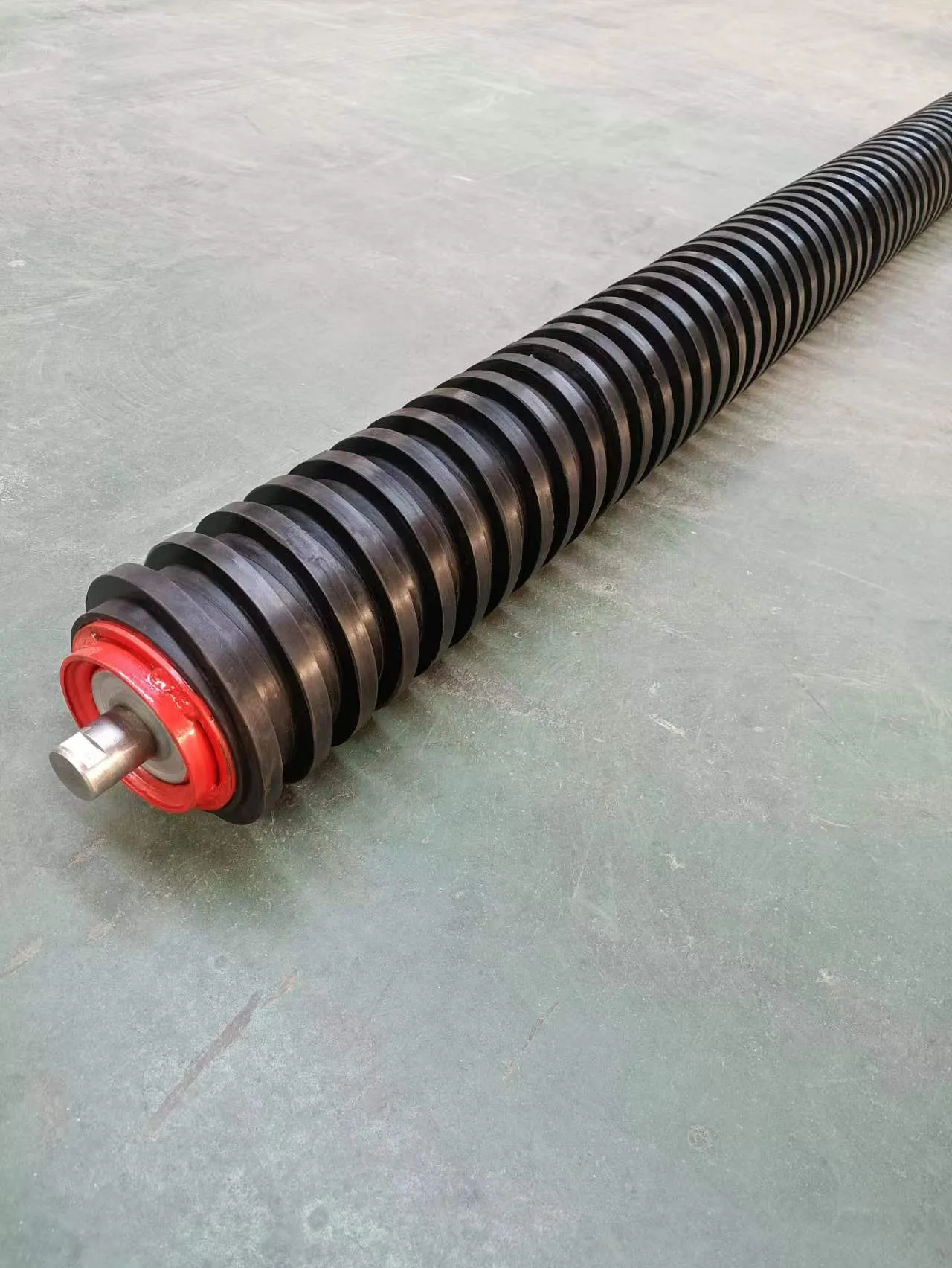 Afrikaans
Afrikaans  Albanian
Albanian  Amharic
Amharic  Arabic
Arabic  Armenian
Armenian  Azerbaijani
Azerbaijani  Basque
Basque  Belarusian
Belarusian  Bengali
Bengali  Bosnian
Bosnian  Bulgarian
Bulgarian  Catalan
Catalan  Cebuano
Cebuano  Corsican
Corsican  Croatian
Croatian  Czech
Czech  Danish
Danish  Dutch
Dutch  English
English  Esperanto
Esperanto  Estonian
Estonian  Finnish
Finnish  French
French  Frisian
Frisian  Galician
Galician  Georgian
Georgian  German
German  Greek
Greek  Gujarati
Gujarati  Haitian Creole
Haitian Creole  hausa
hausa  hawaiian
hawaiian  Hebrew
Hebrew  Hindi
Hindi  Miao
Miao  Hungarian
Hungarian  Icelandic
Icelandic  igbo
igbo  Indonesian
Indonesian  irish
irish  Italian
Italian  Japanese
Japanese  Javanese
Javanese  Kannada
Kannada  kazakh
kazakh  Khmer
Khmer  Rwandese
Rwandese  Korean
Korean  Kurdish
Kurdish  Kyrgyz
Kyrgyz  Lao
Lao  Latin
Latin  Latvian
Latvian  Lithuanian
Lithuanian  Luxembourgish
Luxembourgish  Macedonian
Macedonian  Malgashi
Malgashi  Malay
Malay  Malayalam
Malayalam  Maltese
Maltese  Maori
Maori  Marathi
Marathi  Mongolian
Mongolian  Myanmar
Myanmar  Nepali
Nepali  Norwegian
Norwegian  Norwegian
Norwegian  Occitan
Occitan  Pashto
Pashto  Persian
Persian  Polish
Polish  Portuguese
Portuguese  Punjabi
Punjabi  Romanian
Romanian  Russian
Russian  Samoan
Samoan  Scottish Gaelic
Scottish Gaelic  Serbian
Serbian  Sesotho
Sesotho  Shona
Shona  Sindhi
Sindhi  Sinhala
Sinhala  Slovak
Slovak  Slovenian
Slovenian  Somali
Somali  Spanish
Spanish  Sundanese
Sundanese  Swahili
Swahili  Swedish
Swedish  Tagalog
Tagalog  Tajik
Tajik  Tamil
Tamil  Tatar
Tatar  Telugu
Telugu  Thai
Thai  Turkish
Turkish  Turkmen
Turkmen  Ukrainian
Ukrainian  Urdu
Urdu  Uighur
Uighur  Uzbek
Uzbek  Vietnamese
Vietnamese  Welsh
Welsh  Bantu
Bantu  Yiddish
Yiddish  Yoruba
Yoruba  Zulu
Zulu impact roller
The Impact of Roller Technology on Modern Industries
In the contemporary landscape of manufacturing and construction, the advancement of roller technology has become a pivotal factor in enhancing efficiency, safety, and productivity. The impact of roller technology, particularly in the forms of impact rollers, cannot be overstated, as these innovative tools play a crucial role across various industries.
Impact rollers, designed to minimize the energy required during material handling and transportation, are increasingly employed in conveyor systems, road construction, and even in sports. Their functionality is rooted in reducing friction and wear while allowing for smoother movement of materials. As industries continue to seek ways to improve productivity and reduce downtime, the adoption of impact rollers has surged.
One of the primary benefits of impact rollers is their ability to extend the lifespan of both the conveyor systems and the materials being transported. Traditional rollers often succumb to wear and tear due to the continuous high-impact loads they endure. In contrast, impact rollers are engineered to absorb shocks and distribute loads evenly, which mitigates damage to the conveying equipment. This durability translates to significant cost savings for businesses, as less frequent replacements and repairs reduce operational expenses.
Moreover, the implementation of impact rollers enhances safety in the workplace. By providing a smoother operation and minimizing vibrations, they reduce the risk of accidents related to equipment failure or material spills. In construction sites, where heavy materials are constantly moved, the reliability of impact rollers means fewer incidents, thus promoting a safer environment for workers. Companies that prioritize safety often experience lower insurance costs and improved morale among employees, resulting in a more committed workforce.
impact roller

Additionally, impact rollers are pivotal in environmental sustainability efforts. With the growing emphasis on reducing carbon footprints, industries are turning to technologies that enable more efficient resource use. Impact rollers contribute to energy efficiency by decreasing the power necessary to move heavy materials. This reduction in energy consumption not only lowers costs but also minimizes greenhouse gas emissions associated with high-energy operations.
Another significant aspect of the impact roller technology is its adaptability. As industries evolve and adapt to new challenges, impact rollers can be customized to suit specific applications. Whether it’s a change in material types, load weights, or operational speeds, impact rollers can be engineered to meet diverse requirements. This versatility ensures that companies remain competitive and agile in an ever-changing market.
Finally, the rise of automation and smart technologies in industrial settings further enhances the role of impact rollers. Integrating impact rollers with smart systems allows for real-time monitoring, predictive maintenance, and data analytics, which ensure optimal performance and reliability. As businesses embrace Industry 4.0, the synergy between impact roller technology and automation becomes a cornerstone of modern operational strategies.
In conclusion, the impact of roller technology, particularly impact rollers, is profound across various sectors. They enhance productivity, promote safety, contribute to sustainability, and provide adaptability in a dynamic market. As industries continue to innovate, impact rollers will undoubtedly play a critical role in shaping the future of material handling and processing, proving that even small components can have a significant impact on overall operational success.
-
Revolutionizing Conveyor Reliability with Advanced Rubber Lagging PulleysNewsJul.22,2025
-
Powering Precision and Durability with Expert Manufacturers of Conveyor ComponentsNewsJul.22,2025
-
Optimizing Conveyor Systems with Advanced Conveyor AccessoriesNewsJul.22,2025
-
Maximize Conveyor Efficiency with Quality Conveyor Idler PulleysNewsJul.22,2025
-
Future-Proof Your Conveyor System with High-Performance Polyurethane RollerNewsJul.22,2025
-
Driving Efficiency Forward with Quality Idlers and RollersNewsJul.22,2025





























